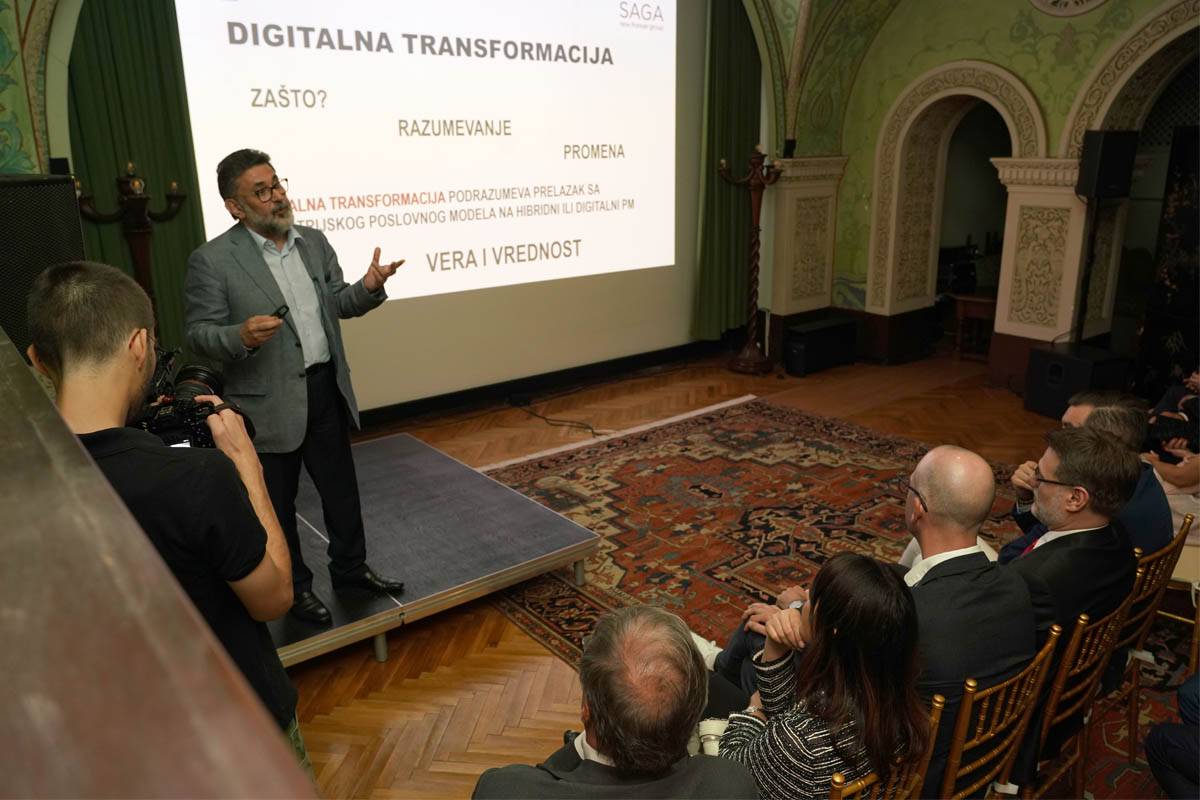Digital companies are on principle based on new business models that take advantage of the new possibilities of digital economy to reduce their prices and increase the value proposition for their clients, therefore taking over a part of the market from the old companies. The business becomes client-centric, which further amplifies the importance of any change that can increase the value and satisfy the clients’ new demands.
Article from website B92.
THIS ARTICLE IS ALSO AVAILABLE IN SERBIAN LANGUAGE ON THIS LINK!
Serbia would like to accelerate digitalization and develop its digital economy, and rightfully so. The first steps can already be discerned – from investing in the infrastructure and the plan to bring broadband internet into every home, through accelerated adaptation of legislation, to starting various incubators and accelerators of start-ups and investing in them – all important and necessary phases. Still, the citizens of Serbia sometimes find it hard to understand all the good sides of digital economy, and there is a general fear, distrust and hostility towards the digitalization of daily life and business. After all, whenever something new, which hasn’t been completely defined is being introduced, there is a certain resistance to change.
One of the main fears is that because of digitalization many jobs will be lost, as many tasks and processes will be automated. Robots, automates and computers will take over the world.
As in the case of any fear, the best thing to do is understand, if possible, where the danger is coming from, and which steps can and must be taken to better adapt to the new situation. This is the case both for individuals and companies and their organization.
Digital revolution has brought completely new possibilities of communication between companies and their clients, as well as many other changes. With the accelerated growth of Internet and especially smartphones, new business channels have opened, bringing considerable changes to our private life and business behaviors. Today, the passengers themselves buy most airplane tickets online, most often directly from the airlines. Air Serbia sells the majority of its tickets through its mobile app or webpage. The same goes for other airlines, which was not the case some 10-20 years ago. The middleman has been eliminated, and the ticket price reduced, and the product offered to the clients in a different way. Now there is one stable price for each specific flight which includes only carry-on luggage and it’s mandatory for passengers to check-in online. If one steps away from these rules, it incurs a fee for the service. Without these limitations, the ticket costs more.
It’s a similar case with online shops that may or may not also have a physical store on the market. The buyers choose, compare and purchase products and services online by themselves.
If we analyze this model, the conclusion is that airlines and online stores are moving some of their business processes to the buyer, thus reducing their expenses, while offering a lower price for the option of waiving certain services that used to be a standard part of the ticket or product price before.





